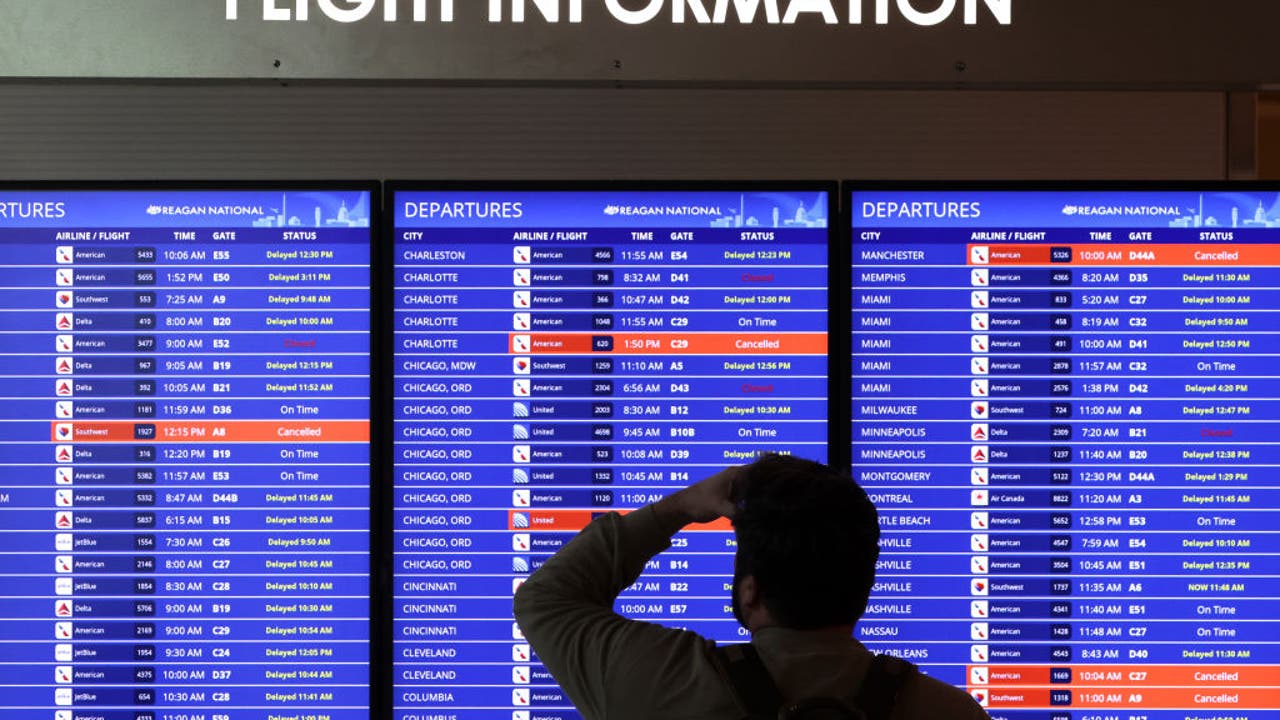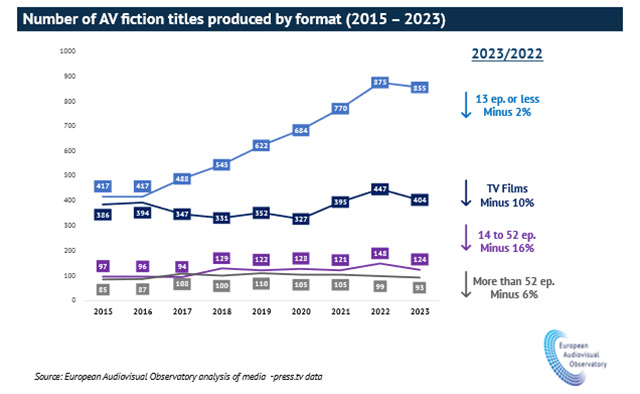Travel
Interview: Wood PLC, Travel Team of the Year 2024

Wood PLC, together with its TMC partner American Express Global Business Travel took home the coveted Travel Team of the
Year trophy at this year’s Business Travel Awards Europe, with the company recognised
for the complete transformation of its travel programme – and for achieving it in
a remarkably short space of time.
The travel team, headed by vice president of global
travel services, Danny Cockton, consolidated a swathe of local and regional
TMCs, forged closer ties with Amex GBT, engaged with stakeholders, and rolled-out a series of new
initiatives in what was a large-scale, complex and challenging global project. The upshot was the provision of a consistent
offering, significantly reduced leakage and the elevation of travel
management’s role within the company.
THE BACKGROUND
Consulting and engineering company Wood has some 35,000 employees across
60 countries and diverse travel needs that include regular corporate travel,
rotational offshore travel, and an abundance of meeting and events.
“That’s the difference between us and some other large programmes – the
complexity,” says Cockton. “We’ve got people getting on and off vessels in
Equatorial Guinea, for example. We travel to some high-risk places.”
When Cockton joined Wood in 2023, he took over a travel programme that
was “in urgent need of attention, not through anybody’s fault, but because of a
series of acquisitions and divestments.” The company’s executive leadership set Cockton’s team a straightforward goal: “Fix and simplify travel”.
At the time, there was much “noise” from dissatisfied travellers and bookers,
while many processes were slow or convoluted. There was no global HR feed in
place, travel profiles were manually managed, online adoption was low, and
fragmented reporting “did not enable sensible decision making,” explains Cockton,
all of which led to a scenario in which travellers were frustrated with the
service provided.
But change was afoot across the company, with Wood transforming processes
and targeting new efficiencies in all areas. “The timing for us in travel was
perfect as there was a lot of appetite for change. That was a big driving
force, but we also had the right team in place to deliver and execute on what
we wanted to do,” says Cockton.
In the first two weeks, we didn’t speak to anybody other than travellers and travel bookers to help understand what their problems and frustrations were”
He describes Wood’s travel department as a “small but mighty team of six,”
comprising himself, outsourced Amex GBT travel managers Ella Fine and Juliette
Jackman – who has recently left the business – together with global operations manager
lead Gillian Russell, travel operations lead Stephanie Saluja, and category
manager Jonathon Archer, whose roles and responsibilities have also been
transformed as part of the overhaul. “We’re a small team with a big output and
we work fast,” says Cockton.
At Amex GBT, there is support from Emma Jones, Robin Moncur and Jo
Smart, plus Kelvin Ofori who assists with data analysis and keeps things
flowing operationally. “He’s young and hungry, asks us questions and challenges
us,” says Cockton.
Some members of the Wood team already had a background in supplier
sales, something that was “critical” to its plans. “I wanted people who were
going to challenge us and that could win people over,” says Cockton. “I wanted
salespeople who could go into a room and present to senior leaders, who could
present to bookers, and could sell them our new travel programme and to win
them over.”
The team’s transformation process began with it engaging with regular
travellers and “inviting the noise”, which helped build trust and credibility. “The first two weeks I was at Wood, we didn’t
speak to anybody other than travellers and travel bookers to help understand
what their problems and frustrations were because if we didn’t get them on
board, we weren’t going to get anywhere,” Cockton explains.
“Doing that right from the start helped us when we went into a country
and said ‘we need to make such and such a change’. They trusted us that it was
in theirs and the company’s best interests.”
What the travel team found were not necessarily deep-rooted problems with the
travel programme, but “travellers that had nowhere to vent when things go wrong
and no one to help them out and get something resolved.” Cockton also insisted on “getting 30 minutes with the CEO because you
have to have the support from the top.”
TAKING ACTION
A central part of Wood’s travel overhaul was the consolidation of more
than 120 travel management companies around the globe – a legacy of M&As
and divestments – down to 50 initially, and then to 22, many of which are local
partners of Amex GBT. “They’re there to plug the gaps that aren’t easy – marine
travel in Africa, for example,” says Cockton.
Online adoption was a key target area, having historically languished below
15 per cent of all bookings. Wood took the decision to implement Amex GBT’s Neo
platform across the business which Cockton, as a former employee of Amex GBT,
was familiar with. Previously, no single booking tool had been used in more
than three countries in which Wood operates.
“That familiarity with Neo helped, but we also wanted something where we
could bring in additional content through APIs and get it in travellers’ hands
quickly,” he says. “And above all, we wanted a consistent experience globally.”
The team made only minor tweaks to its policy. Premium economy used to
only be bookable for flights of more than six hours but is now available
for trips of that duration, meaning a traveller taking two connecting
five-hour flights can also now enjoy an upgrade. “Policy changes were mostly simple things where we could win hearts and
minds; it was just applying some common sense,” comments Cockton.
We’ve repositioned travel from this unloved thing and really elevated it. It’s no longer in the depths of the supply chain”
Approvals processes
were also streamlined, with compliant bookings for internal travel no longer requiring
active approval. “If your line manager’s in Canada and you’re
based in Brisbane, you know there’s none of that waiting time to get your trip
approved now. It’s about treating people like adults and empowering and
trusting them.”
Wood has also centralised ground
transport payments and visas – the latter to help mitigate commercial and
reputational risk – and streamlined a lot of previously “paper-heavy
processes”. Cockton estimates that 60 per cent of paperwork has now been
eliminated.
The travel team has also “thrown open its doors to suppliers”
and secured bigger discounts with airlines where the company has been able to
shift spend. And Wood’s relationship with Amex GBT was
also elevated, with the TMC closely supporting its customer’s comprehensive
plans both practically and strategically.
Cross-collaboration was
fundamental to Wood’s successful travel overhaul, with marketing and
communications instrumental in the process. “As well as technically onboarding
36,000 people, we had to win 36,000 hearts and minds,” says Cockton, “so communication
was fundamental to the successful delivery of change.”
Their combined efforts included
monthly town halls with travellers, FAQs and information decks made available
on internal comms channels, promotional banners featuring messages from the CEO
supporting the overhaul, and traveller surveys to help assess the impact of
Wood’s revised travel standards.
THE OUTCOME
In April this year, Wood went live with a new HR feed, with Neo as its
new global online booking tool, and a single sign-on process. Since then, online booking has leapt from 13 per cent to 72 per cent
globally, even in markets where it had not expected such success. “We’ve got
huge adoption in Norway, which is a lot of offshore rotational travel, where we
thought we’d get barely 10 per cent, yet we’re in the 80s and touching the
90s.”
Meanwhile, leakage has been cut from 30 per cent to 3 per cent and Wood
has achieved around £2 million’s worth of savings on its air spend. The travel team has also seen significant improvements in its traveller
satisfaction scores, while leadership have declared that “no noise is good
news”. Its ‘top two box’ score (‘very good’ or ‘good’) hit 91 per cent and its net promoter score
jumped from 16.7 in 2022 to 100 in 2024.
As a result of its elevated status, the travel team is also now involved
with Wood’s bid kick-offs. “We’re there from the start to advise on costs,
alongside mobility and security. It’s a much more proactive approach,” says
Cockton.
How did the team achieve it all? “It
was a combination of the right technology, the comms, and empowering people to
self-book which has been key… treating them like adults,” says Cockton. “We were also fortunate with the timing, having the backing of
leadership, and the momentum of the business at that particular time. But you
still have to put the effort in and it was the make-up of our team that enabled
us to do that.
“We’ve gone from travel being a pain in the rear for everyone and a lot
of moaning, to it not being talked about, which is a good thing! We’ve
repositioned travel from this unloved thing and really elevated it so it’s seen
as being as important as IT or ESG. It’s no longer in the depths of the supply
chain,” says Cockton, who now reports directly into the executive as the result
of travel’s elevated status.
“We are moving people around the
world to fix problems for our customers, so travel underpins the whole customer
strategy. We’ve completely changed the perception of travel.” Winning the award was “brilliant recognition for our people,” adds
Cockton. “As much as it was about the transformation of our programme, it’s
also been about the evolution and growth within our team which has been a joy
to see.”










